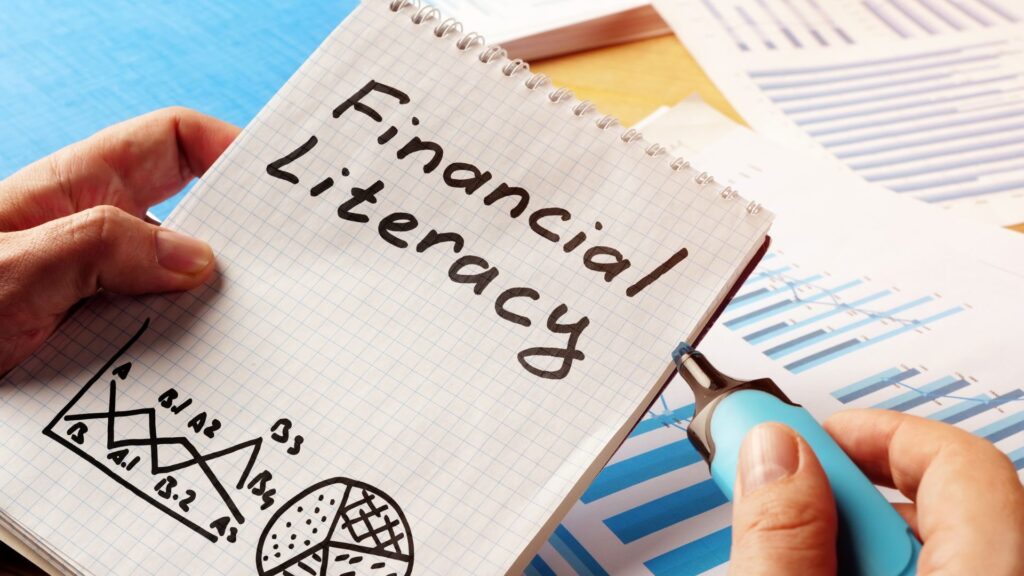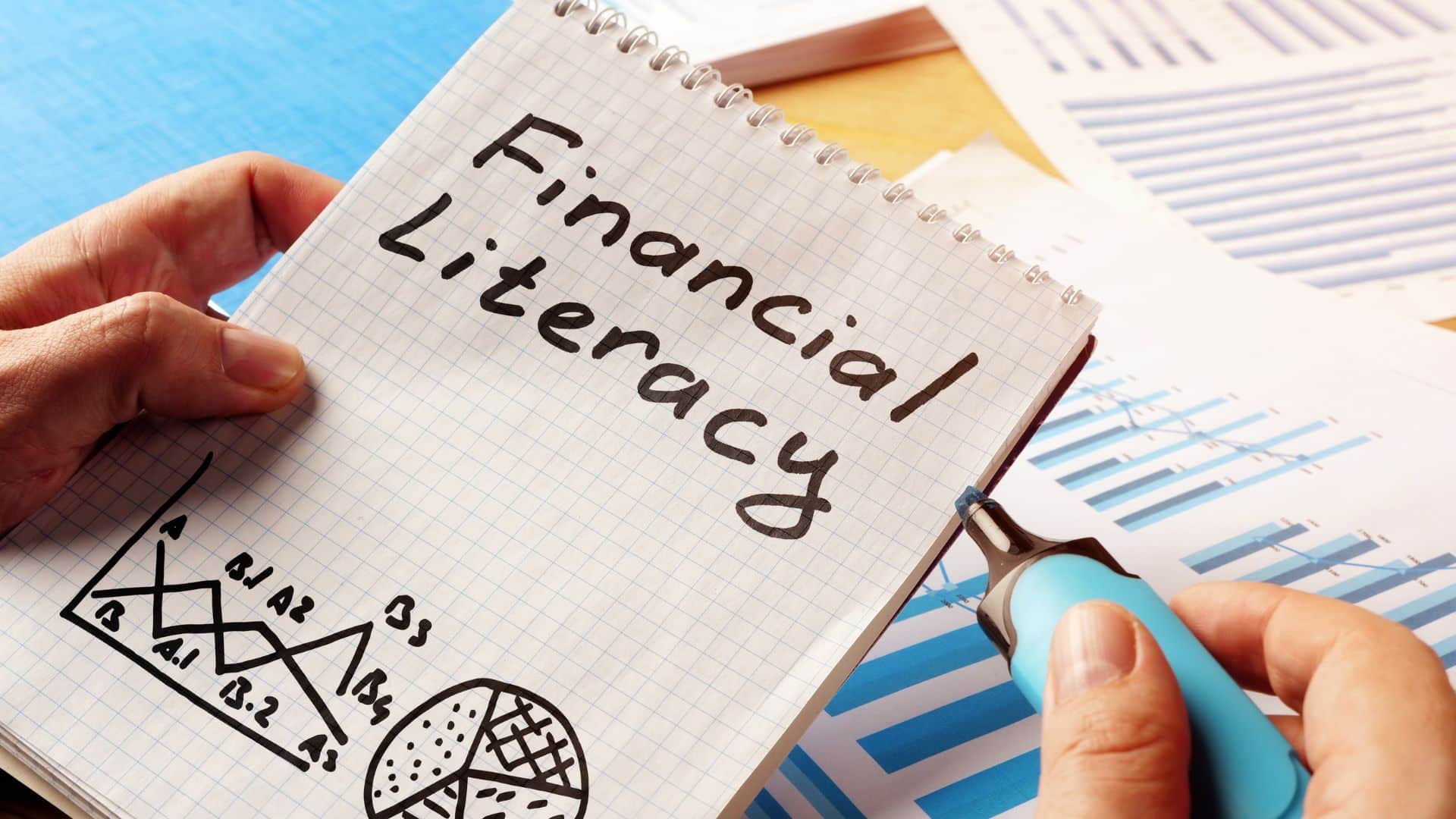
Embarking on a college journey introduces students to both opportunities and challenges, with mastering financial literacy emerging as a crucial skill set for navigating the complexities of adult life. Financial literacy is not just about managing money; it’s about empowering oneself to make informed decisions that pave the way for a secure and prosperous future.
Why Financial Literacy Matters for College Students
Budget Management
Understanding how to create and stick to a budget is fundamental. College presents a unique set of financial challenges, from tuition fees to living expenses. Financial literacy equips students with the tools to balance these demands effectively.
Debt Avoidance
With student loans on the rise, knowledge of how to borrow wisely and the implications of debt is vital. Financial literacy helps students understand the long-term effects of loans and how to manage them responsibly.
Savings and Investments
Learning to save and invest wisely during college can set the foundation for financial stability later in life. Financial literacy introduces the concepts of emergency funds, retirement accounts, and investment strategies suitable for young adults.
Credit Management
A good credit score opens doors to future opportunities, such as renting an apartment or buying a car. Financial literacy teaches students how credit works, how to build a good credit history, and the dangers of misusing credit cards.
Embracing Mistakes as Learning Opportunities
College isn’t just a time for academic learning; it’s a unique phase for personal and financial experimentation. It’s a safe harbor where mistakes, especially financial ones, come with lower stakes than in the post-college world. Recognizing and embracing these mistakes as learning opportunities is crucial.
Learning Through Mistakes
College offers a controlled environment to make and learn from financial errors, whether it’s overspending on non-essentials or mismanaging a student loan. These lessons are invaluable, teaching students resilience and financial problem-solving skills.
Preventing Bigger Mistakes
If students aren’t given the space to make and correct smaller financial mistakes now, they’re at risk of making more significant, impactful errors later. As they gain more autonomy after college, the stakes are higher. Real-world financial blunders can affect credit scores, job opportunities, and overall financial independence.
A Head Start in Financial Independence
By navigating these financial pitfalls in college, students are better equipped to face the complexities of adult financial responsibilities. They enter their twenties with a deeper understanding of financial management, setting them up for success and stability much sooner than their peers who missed out on these early learning experiences.
Implementing Financial Literacy in College Life
Workshops and Courses
Many colleges offer workshops or courses on personal finance management. Participating in these can provide valuable knowledge and skills.
Financial Planning Tools
Utilizing budgeting apps and financial planning tools can help students track their spending and savings goals.
Peer Learning
Sharing experiences and tips with peers can offer practical insights and foster a community of financially savvy individuals.
Financial literacy is an indispensable part of college education, equipping students with the knowledge to make informed financial decisions, minimize debt, and secure a financially stable future. As we navigate the challenges and opportunities of the digital age, let’s prioritize financial education to empower the next generation of leaders and innovators.
Start your journey to financial independence today by exploring financial literacy resources available on campus and online. Coaching can help you with setting learning goals and navigating through the learning process.





